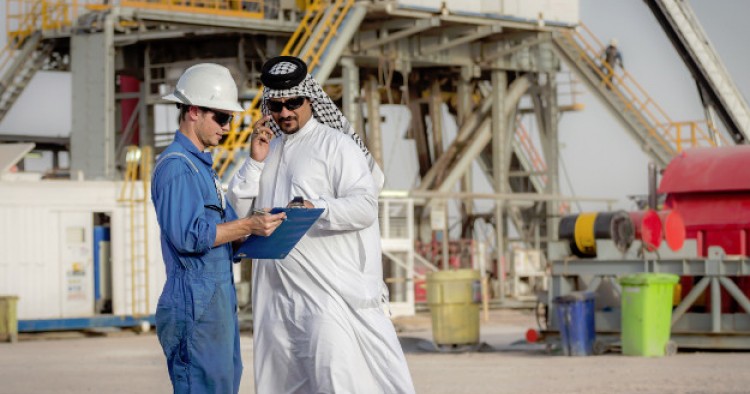Iran’s Oil Ministry has announced that two new energy contracts have been signed with Iraq. In particular, Tehran is looking to export natural gas to Iraq. Energy is only part of the equation. These latest attempts are part of a broader Iranian effort to become the principal regional hub for the natural gas industry, but the aim is also to create stronger political ties to partnering states.
The case of Iraq is straightforward. The Shiite-dominated central government in Baghdad has been a willing partner in enabling Iranian inroad into the Iraqi energy market. Beyond Iraq, Iran’s earlier plans to export gas to the Gulf Cooperation Council is far less likely to happen in the foreseeable future. At the heart of it, there is much collective G.C.C. anger at Iran for its intervention in Syria, Yemen and elsewhere in the Arab World.
Tehran’s key goal of prioritizing the development of shared fields is another potential hurdle. Kuwait has already lodged a diplomatic protest against Tehran’s decision to invite bidders for the development of the offshore Arash field, which Kuwait calls Dorra. Similar resource disputes, particularly in the Persian Gulf, are likely.
The Middle East Institute (MEI) is an independent, non-partisan, non-for-profit, educational organization. It does not engage in advocacy and its scholars’ opinions are their own. MEI welcomes financial donations, but retains sole editorial control over its work and its publications reflect only the authors’ views. For a listing of MEI donors, please click here.













